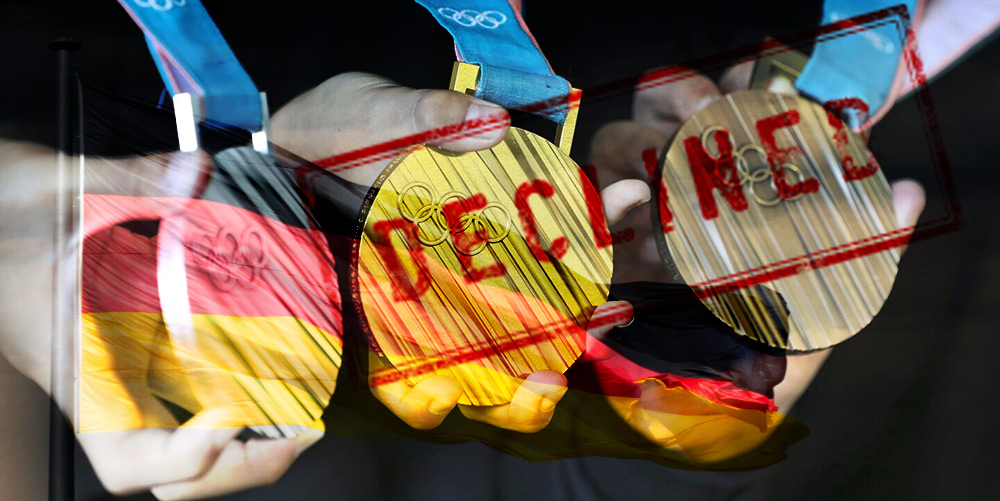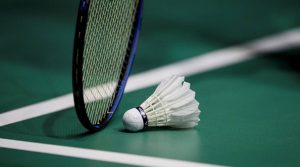
Germany Eyes Sports System Overhaul to Reverse Olympic Medal Decline
In a bid to halt a worrisome slide down the Olympic medals table, German politicians unveiled comprehensive reforms to the country’s sports system. This move comes hot on the heels of Germany’s surprising victory in the Basketball World Cup, despite a government-backed ranking system that had categorized basketball as having the lowest potential for success among Summer Olympic sports. The win has ignited calls for a reevaluation of the existing sports framework.
A declaration issued following a meeting of sports ministers from Germany’s states emphasized the need for change, stating, “German competitive sport is currently largely unable to fulfill its ambition to be competitive with the world’s best.” It also pointed to “negative developments” in German athletes’ international performance, despite occasional successes such as the recent Basketball World Cup victory. The ministers stressed the necessity for fundamental changes in funding structures for elite sports.
Germany’s Olympic medal count has steadily dwindled over the years, dropping from an impressive 82 medals at the 1992 Barcelona Olympics to a comparatively modest 37 in the 2021 Tokyo Olympics, despite an increase in both the number of athletes and medals available.
One significant aspect of criticism in recent days has been the Potential Analysis System (PotAS), a key component of the current funding system. PotAS ranks German sports governing bodies by their potential for success on the global stage. Shockingly, basketball ranked last among 26 sports in this ranking system, despite its recent World Cup victory.
PotAS, supported by the government and the German Olympic committee, plays a pivotal role in determining the allocation of public funding. While it is touted as “objective and transparent,” it has faced backlash for its perceived rigidity in assessing sports as diverse as boxing and equestrian.
Track and field, conversely, topped the PotAS ranking, but the German track team’s lackluster performance at the recent world championships, where they failed to win a medal for the first time ever, has highlighted the system’s shortcomings.
Andreas Michelmann, head of the German Handball Association, criticized PotAS, saying, “After this summer, we should finally understand that there is no universal formula for sporting success.”
Despite efforts to streamline government bureaucracy, PotAS appears to be moving in the opposite direction, prompting concerns and calls for reform.
As part of the planned overhaul, Germany will establish an independent Sports Agency tasked with overseeing funding and placing a renewed focus on highly qualified coaches and the identification of young talent.
The German Olympic committee announced that PotAS will be “developed further and integrated into the Sports Agency” once it is established.
The debate over the efficacy of ranking systems in allocating sports funding reflects broader discussions on the complexities of fostering sporting success. While Germany seeks to rejuvenate its sports landscape, the focus will remain on nurturing athletes and sports with the potential to excel on the international stage, while also recognizing that each sport has unique attributes that defy a one-size-fits-all approach.













